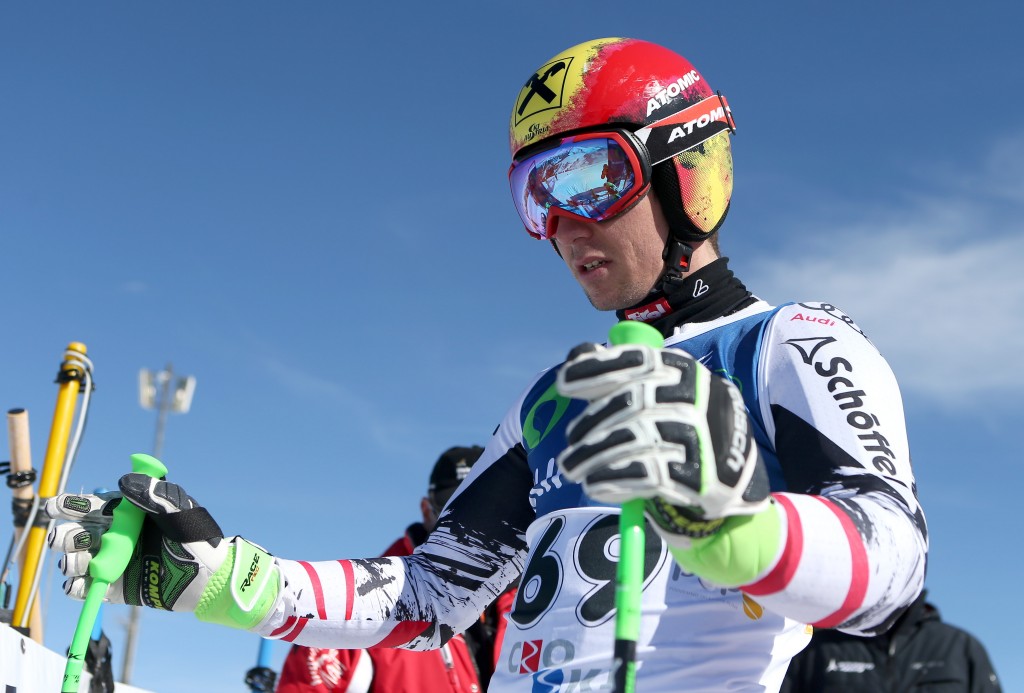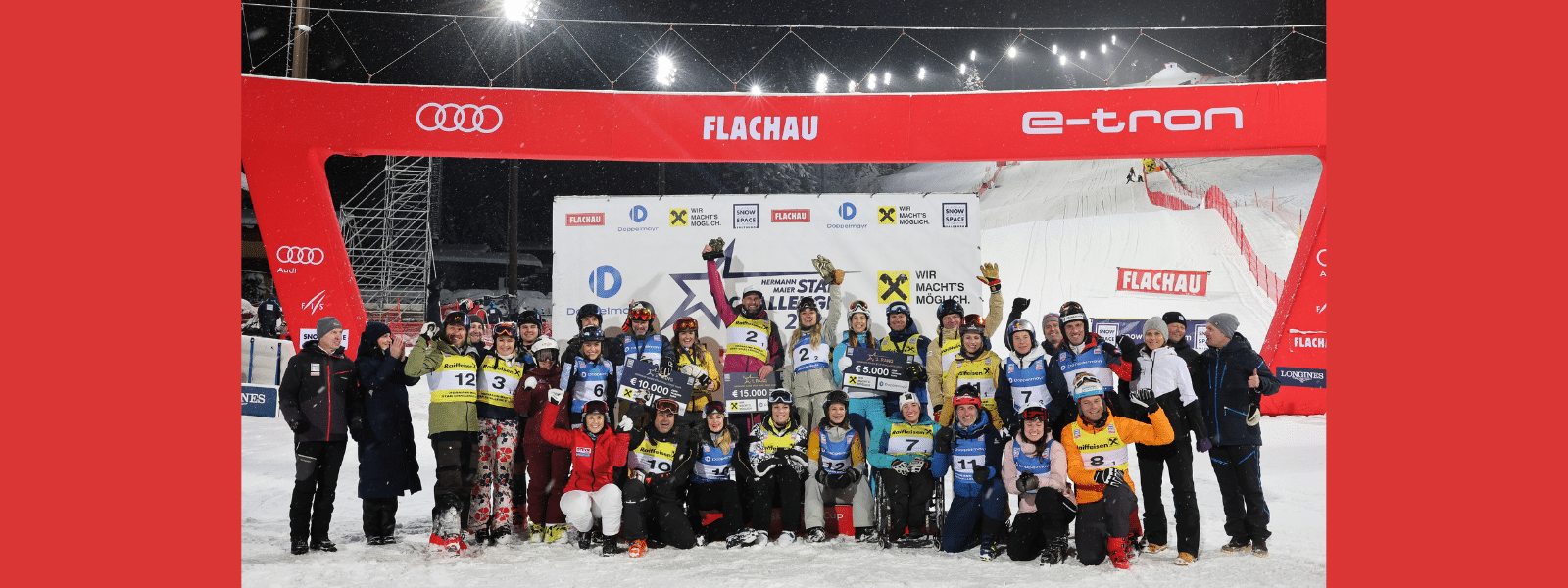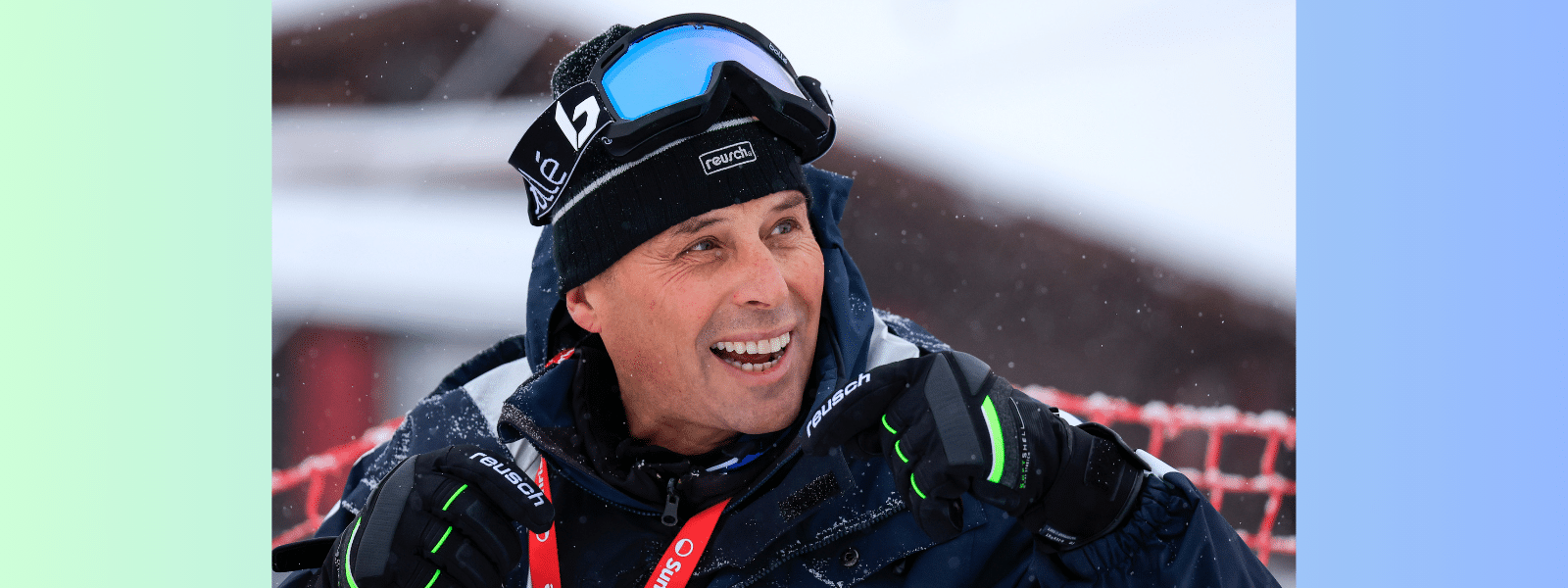Why isn’t mental training treated the same?
I’m coming to the end of what has turned out to be a three-week international tour of ski racing psychology. During my trip, I have worked with racers and coaches from the U.S., Australia, Sweden, Switzerland, and Russia in Bariloche, Mt. Hood, and Saas Fee. One question that has emerged during my travels involves the role of mental preparation in our sport. But before I get to that question, let me provide some backstory.
Whenever I speak to racers and coaches, I ask them how important the mind is to ski racing success. With few exceptions, the response is that the mind is as or more important than the physical and technical side of our sport. I am obviously biased given what I do for a living, so I won’t take a position on which I believe is more important. But I will say that the mind is an essential piece of the ski racing performance puzzle.
Consider the top-10 racers, male or female, on the World Cup. Are they all gifted? Yes. Are they all in exceptional physical condition? Yes. Are they all technically sound? Yes. Do they all have the best equipment? Yes. So, on race day, what separates Ted Ligety and Marcel Hirscher or Mikaela Shiffrin and Tina Maze from the rest of the field? All of these other factors being equal, it must be what goes on in their minds.
I will also add that, in the greater scheme of life, it wouldn’t be difficult to argue that the mental side of ski racing is vastly more important than physical fitness and technical prowess, at least for young racers. Why? Because, realistically speaking, relatively few racers will make it to the top of our sport. Yet, all of the attitudes, mental skills, and life lessons that racers learn from our sport (motivation, confidence, focus, perseverance, resilience, the ability to handle pressure, etc.) will serve them well in all aspects of their lives when they enter adulthood.
When I ask these same racers and coaches how much time and energy is devoted to mental preparation, they indicate not very much and certainly not as much as it deserves.
Herein lies my question: Why isn’t mental training treated the same as physical and technical training in ski racing? To be sure, sport psychology does have a presence in our sport. The U.S. Ski Team has consultants working with its teams. And other mental coaches and I work with junior programs around the U.S.
Yet, when compared to its physical and technical counterparts, sport psychology clearly has second-class status. While the USST and every academy and club have full-time technical and conditioning coaches, none has full-time mental coaches. Moreover, when sport psychology is offered, its presence is vastly different from the physical conditioning and technical regimens that racers benefit from.
Let’s consider what makes physical conditioning and technical development effective and then compare it to the use of mental training in ski racing today. Two key elements come to mind.
First, when racers work out, they don’t just walk into the gym and do random strength or agility exercises. Instead, they engage in organized workouts based on a structured program that coaches believe will result in optimal physical preparedness for ski racing. Similarly, when racers go on snow, they don’t just ski around and hope to improve. Rather, they follow a technical progression based on their level of skiing. In sum, both the physical and technical components of ski racing development have an organized program comprised of a framework and process that guides athletes systematically toward their goals.
Second, racers wouldn’t get more fit if they worked out every few weeks. And their skiing wouldn’t improve if they only skied once a month. What enables racers to get stronger and ski better is that they engage in physical and technical training consistently. Day in and day out, week in and week out, and month in and month out, racers regularly put time and effort into their conditioning and technical work.
Using these two criteria—a structured program with a clearly defined progression and consistency—it’s pretty obvious that mental side of ski racing isn’t getting the attention it is due. Yes, many ski racers in the U.S. get some exposure to sport psychology either through contact with sport psychologists or directly from their coaches. But, based on my own experience and feedback I have gotten from racers, coaches, and parents around the country, this exposure, for almost all U.S. racers, lacks both a structured program and any consistency that is essential for maximizing its value to racers’ development.
I don’t want you to think that I’m picking on ski racing here. The fact is that every sport that I know of gives sport psychology short shrift. I’m focusing on ski racing because of my passion for and extensive work in our sport, and my desire to see that U.S. ski racers gain the many benefits that sport psychology has to offer.
So, is there an immediate answer to my original question: Why isn’t mental training treated the same as physical and technical training in ski racing? I have a few theories.
First, though sport psychology has been a field of study for more than 100 years, it has not been a traditional part of training for ski racing (or any other sport, for that matter). Old attitudes, habits, and methods die hard and new approaches to improving ski racing performance are not easily accepted. Perhaps it will take a new generation of ski coaches who have been exposed to sport psychology as racers and then in their coaches’ education for the tide to turn toward wider acceptance and use of sport psychology with racers.
Second, the reality is that the best ski racers in the world have done pretty darned well without formal mental training. They simply developed mental skills through their training and competitive experiences. In contrast, I don’t think there has ever been a successful ski racer who didn’t have a rigorous conditioning or technical program (at least not in the last 40 years). As a result, the need for structured mental training may not seem great. I would suggest, however, that for every successful racer who develops mental toughness on their own, there are one or more who are equally talented and motivated to become successful, but need help in developing their mental capabilities.
Third, psychology lacks the concreteness of conditioning and technical training. You can readily see the areas in need of improvement physically and technically, for example, amount of weight lifted in the gym or technical problems revealed on video. The mental side of ski racing is not so easily seen, quantified, or measured. As a result, it’s harder to gauge where racers are in different aspects of their mental preparation, what areas they need to work on, and any improvement that is made mentally.
Fourth, sport psychology can suffer from ‘guilt by association’ with the broader field of clinical psychology that still carries the stigma that only screwed-up people seek professional help. This perception, however inaccurate it is, can prevent racers, coaches, and parents from seeing mental preparation for what it is, namely, an essential contributor to ski racing performance that must be developed proactively. This fear can also scare them away from getting sport psychology help for their ski racing.
I predict that it will take some time before mental preparation receives the same attention as its physical and technical counterparts. But, as the stakes get higher and the competition gets tougher in our sport, from the development level to the world stage, racers and coaches will look for every opportunity to gain the precious fractions of a second that separate success from failure in ski racing. As the limits of physical conditioning and ski technique are reached, it will be both natural and necessary to leverage all that sport psychology has to offer racers. Only then will sport psychology, at long last, stand as equal partners with physical conditioning and technical training as ski racers strive to take advantage of every opportunity to achieve success in pursuit of their goals. I look forward to that day.
Jim Taylor, Ph.D., competed internationally while skiing for Burke Mountain Academy, Middlebury College, and the University of Colorado. Over the last 25 years, he has worked with the U.S. and Japanese Ski Teams, many World Cup and Olympic racers, and several of the leading junior race programs in the U.S. and Canada. Jim is the author of Prime Ski Racing: Triumph of the Racer’s Mind, he publishes bi-monthly newsletters on sport, business, and parenting, and also blogs for huffingtonpost.com and psychologytoday.com. To learn more or to contact Jim, visit his website.






















